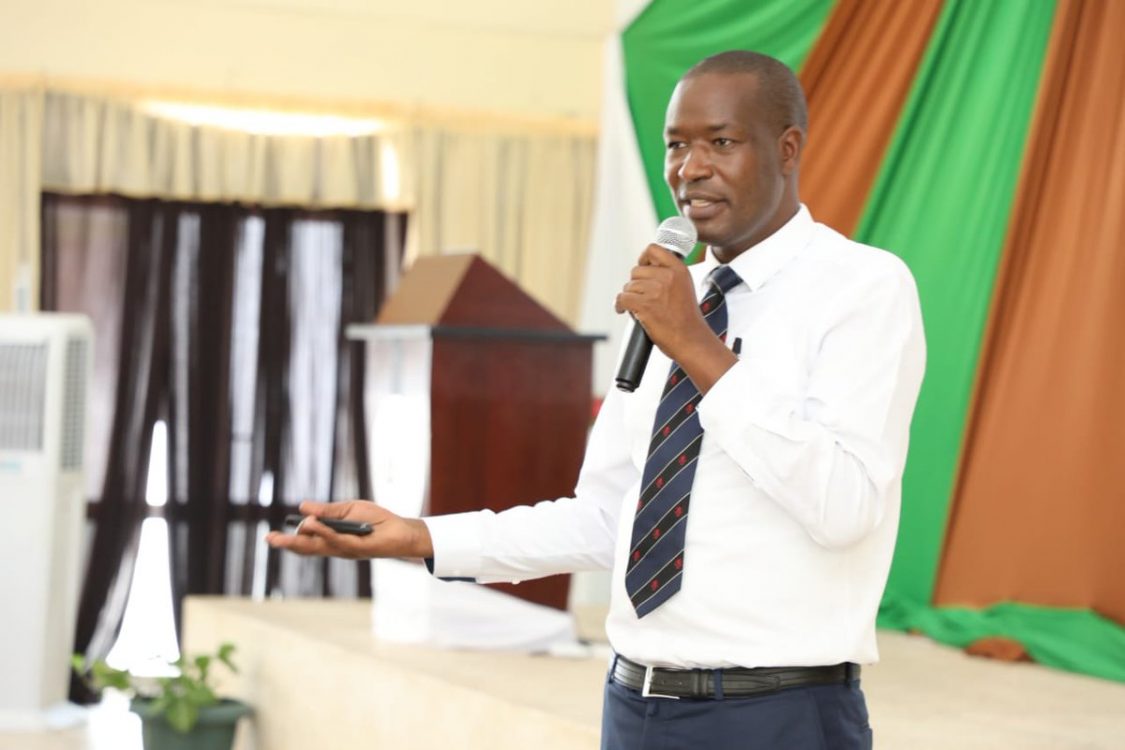Knec advised to disconnect phones in cheating areas
By Irene.Githinji, October 11, 2023Wide-ranging policy interventions have been made to help the Kenya National Examinations Council (Knec) deal with cheating and exam irregularities.
Kenya Accountants and Secretaries National Examinations Board (Kasneb) chief executive Nicholas Letting has proposed disabling mobile networks in cheating prone areas to reduce leakage of exams through mobile phones. He made his submission to the National Assembly Committee on Education, in its inquiry into exam malpractices in 2022 Kenya Certificate of Secondary Education (KCSE) examination.
“Dr Leting proposed the following policy interventions to help Knec deal with cheating and examination irregularities, that mobile networks be disabled in cheating-prone areas to reduce the leakage of examinations,” reads the report signed by committee chairman Julius Melly.
Letting also called for proper coordination between Ministry of Education and curriculum developers to ensure that the syllabus is covered in time and the examinations are set in the syllabus.
Question papers
The CEO also proposed blacklisting all students found impersonating others to deter the practice in future as well as discouraging students from writing on the question papers because candidates may share question papers during exam sittings.
According to the report, Letting has also proposed bringing of National Intelligence Service (NIS) officers on board to operate covertly and sometimes pose as candidates to identify cases of examination irregularities and cheating.
“There is need to automate examinations in future by embracing computer-based examinations which also provide for marking in real time. Knec, like Kasneb, should pay a higher amount for marking per script and pay in a timely manner to motivate the examiners,” Letting told the committee.
Highest penalty
Further proposing: “Knec should bring on board NIS officers to vet examiners before employing them as this will ensure that only examiners with high level of integrity are engaged in marking examinations.”
In another submission, Opticum Chief Counsel Amos Kaburu said cheating in exams is an inexcusable crime that should attract the highest penalty in the penal code and the associated sanctions for crimes similar to crimes against humanity in the sense that examination cheating robs the country of its future.
Kaburu shared his reflections based on his work and interactions with practitioners from across the globe on how to strengthen assessment systems to retain their integrity and maintain confidence in an assessment system and its infrastructure.
More Articles

